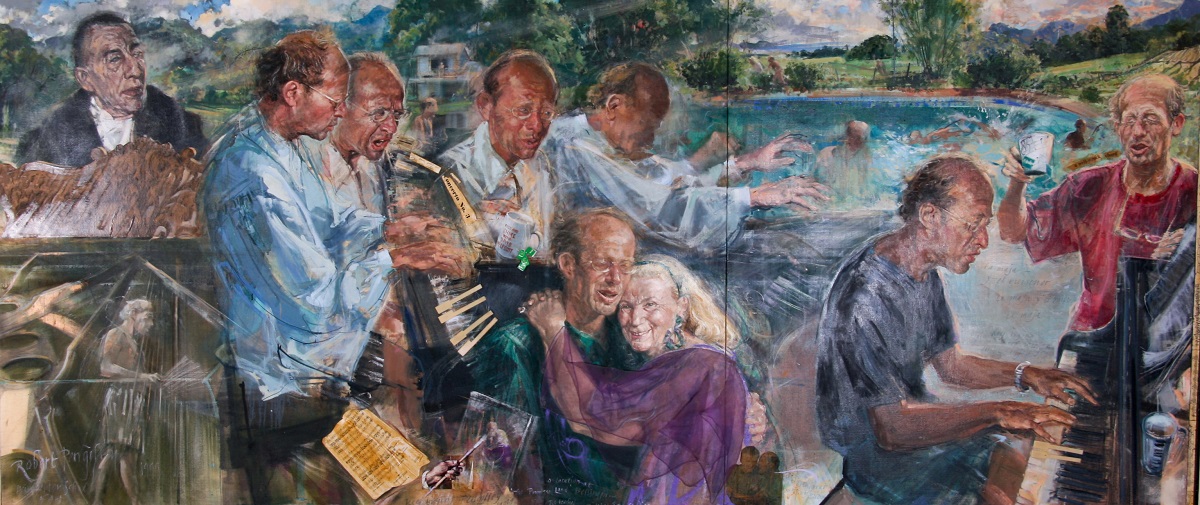
With the passing of Gillian Helfgott on August 16, aged 90, “CityNews” music writer TONY MAGEE reminiscences of the time she brought her famous pianist husband David to Canberra to play a concert launching the Czech-manufactured piano, Petrof.
THE Petrof importers had approached Christopher Davis, managing director of Canberra’s DW Music, where I worked, to commence discussions on stocking that brand, which resulted in a successful agreement and we received our first stock – four uprights and four grands – in July, 2009.
In 1994, after the dissolution of Czechoslovakia into the democracies of the Czech Republic and Slovakia, the Czech government poured the equivalent of $A24 million into refurbishing the Petrof factory.
The shipment we received in 2009 was a result of this new technology and manufacturing excellence.
One thing that sealed the deal for our shop, was the guarantee that the importers had secured Australian pianist David Helfgott as their official endorsee and brand ambassador and that a concert date would be arranged for him to perform in the store on their second-largest grand piano model, the “Monsoon”.
It was a free event, but as word spread, we quickly gave away all available 250 tickets.
The icing on the cake came when the Czech ambassador agreed to attend and make an address.
Three years earlier in 1996, Scott Rankin’s Australian movie “Shine” was produced and released. It is a biographical, psychological drama based on the life of David Helfgott, distributed and published by Andrew Pike and Ronin films here in Canberra.
The day finally came in 2009 when David and Gillian arrived at our shop in Canberra, about 4.30pm, three hours before the concert would commence.
David’s apparent eccentricities initially amounted to nothing more than asking “where is your kitchen”?
Gillian was busy discussing formalities with Chris and didn’t hear this exchange, so one of the junior staff showed him upstairs and left him to it – assuming he wanted a drink of water.
David arrived downstairs about 10 minutes later carrying 10 boxes of tea bags. He’d been through every cupboard and draw, found all he could, opened many packets, stuffing tea bags into his pockets and juggling the other unopened boxes.
“Oh, no!” exclaimed Gillian. “Sorry everyone, David has an obsession with tea bags.”
However, it wasn’t a problem. Gillian gently removed the boxes from his grip and she said to him and to all of us: “Now David, I’ll just put these safely over here behind the counter, plus you can’t have all these loose ones in your pockets. It makes great big bulges, which won’t look very nice during the concert will it?
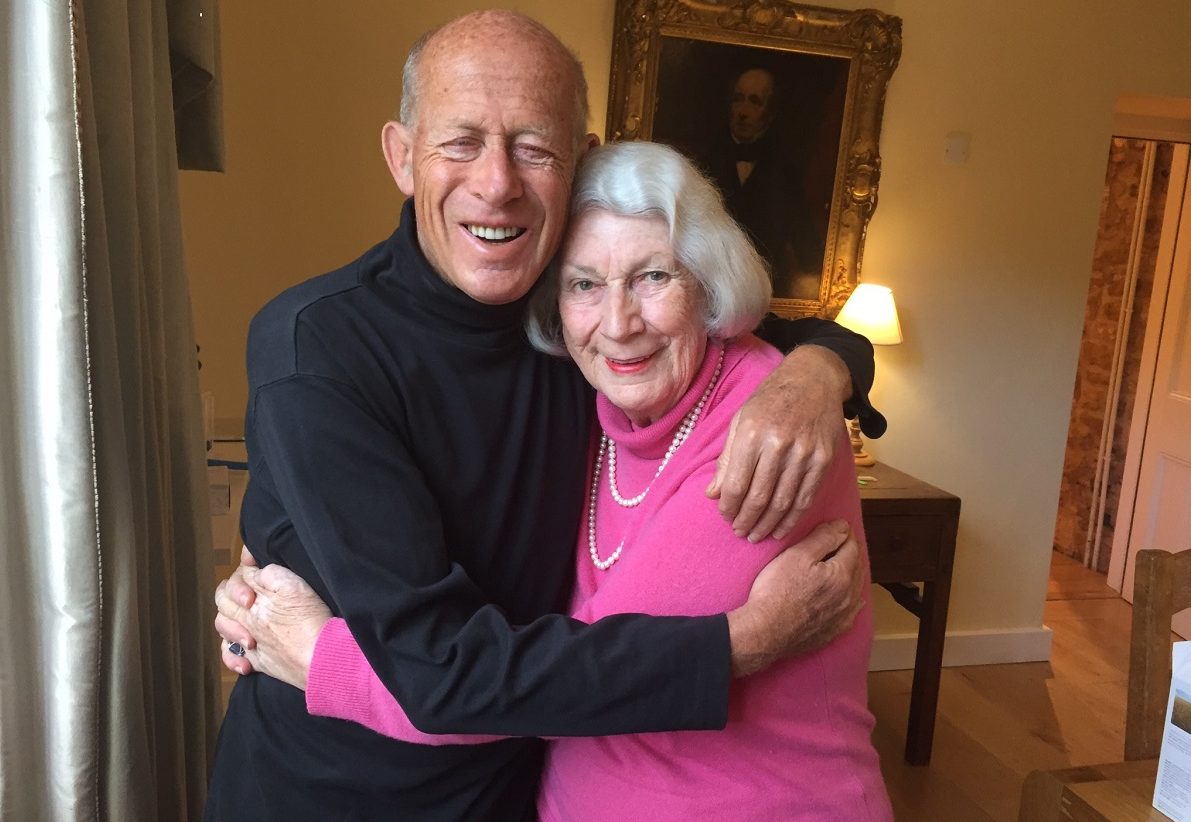
Gillian asked if we could take David somewhere quiet upstairs – not the kitchen – so we ushered him into the grand piano showroom and he sat down at various pianos and amused himself there, while Gillian and I went through the event order for the evening.
By 7pm, the house was filling up. The ambassador spoke about the history of Petrof piano manufacturing in his home country, then it was time to welcome Gillian to the podium.
She spoke about how she and David met, which was in the Perth wine bar Riccardo’s in 1983, co-owned by Dr Chris Reynolds. Reynolds offered David a job there playing on a battered old upright. He is credited as playing a significant part in David’s rehabilitation, having diagnosed him with early onset schizophrenia.
Dr Reynolds introduced him to his friend Gillian Murray. The two were married one year later in 1984.
Gillian said: “I wanted to try and continue David Reynolds work of rehabilitation. Seeing that this once great talent had disintegrated into a helpless individual with severe mental health issues, I wanted so much to get David playing professionally again and share my love for him and with him. It’s taken many years of patience, but we really have a strong bond and we really are deeply in love with each other.”
Gillian had taken on the triple role of wife, carer and manager. She mentioned that David’s favourite time to practice was beginning at about 2am, finishing at day break, so getting to sleep for her was hard, until the Petrof importers gifted them the giant “Monsoon” model grand piano, measuring 236 centimetres. After it was installed into their home in Bellingen, NSW, Gillian said that drifting off to sleep was no problem with the beautiful sounds of David playing their Petrof.
Gillian then introduced David to play, reminding him of what each piece was to be, after which he would then sit down and play it for the audience.
Commencing with “A Rustle of Spring” by Sinding, he arose delighted, shook everyone’s hands in the front two rows, before being gently ushered back to the piano by Gillian for his next piece, which she would always announce.
Mendelssohn’s “Rondo capriccioso Op. 14” is a crowd favourite and also a complex and difficult work to play. David played it with a fluid technique, his hands flittering over the keyboard in a relaxed manner with no forearm or wrist tension. Generally, this is highly desirable for any pianist of substance and quality, as there is no way of producing a singing tone from the instrument if you are stiff and jabbing.
Further works that followed included Chopin’s “Heroic Polonaise”, the Dame Myra Hess piano arrangement of Sebastian Bach’s “Jesu Joy of Man’s Desiring”, Beethoven’s “Pathétique” piano sonata, a few other piano miniatures and finishing with the “Prelude in C# minor” by Rachmaninoff.
In all, about an hour of music. The audience went crazy and he lapped up every moment.
Many critics around the world have unkindly dismissed David Helfgott as nothing more than an amusing circus act.
During a 1997 performance, critic Anthony Tommasini noted that Helfgott “stares into the hall and renders a non-stop commentary of grunts, groans and mutterings”.
At our 2009 concert at the shop, this was also evident, but I along with most of the audience quickly realised that this was just part of his mental state and it was not difficult to overlook and concentrate on his music.
Gillian is herself an unsung hero in many other areas of the musical arts scene.
Before ultimately dedicating her life to helping her husband, Helfgott was an astrologer and numerologist. She also wrote “The New York Times” best-selling autobiography, “Love You to Bits and Pieces: Life with David Helfgott”, which shared her life journey with the world.
An irrefutable lover of music, Helfgott continued to support the industry wherever she could in her hometown of Bellingen, including her promotion of the 80-strong Bellingen Youth Orchestra and the annual Camp Creative festival which eventually garnered some international success.
Gillian Helfgott played a vital role in relaunching her husband’s career, firstly in Perth, followed by appearances in Denmark, Germany, Austria, Turkey, the US, Asia and Australia.
As his career progressed and he became a household name, Gillian conducted all his press interviews herself.
“A vivacious, social and passionate woman, Gillian will be long remembered and treasured”, the family wrote.
Who can be trusted?
In a world of spin and confusion, there’s never been a more important time to support independent journalism in Canberra.
If you trust our work online and want to enforce the power of independent voices, I invite you to make a small contribution.
Every dollar of support is invested back into our journalism to help keep citynews.com.au strong and free.
Thank you,
Ian Meikle, editor
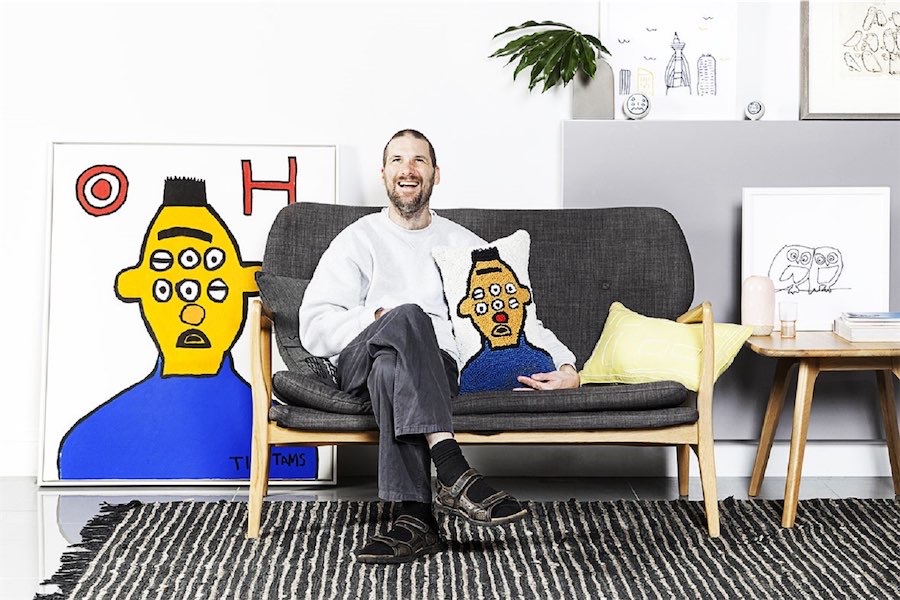
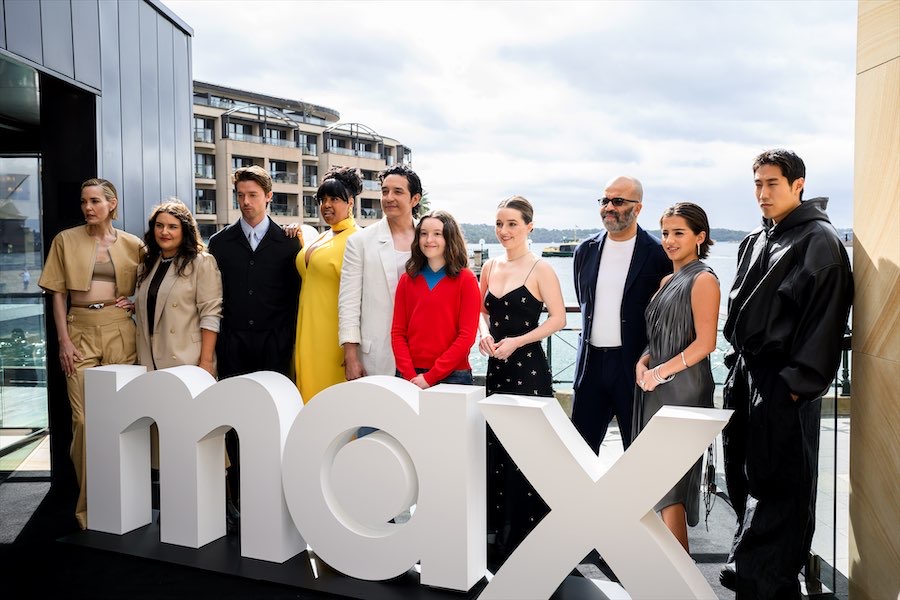
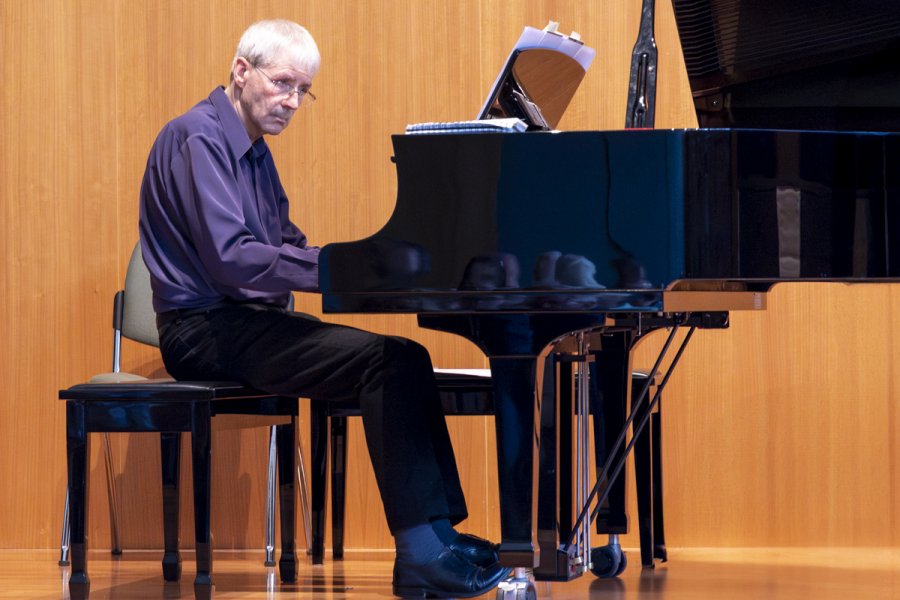





Leave a Reply